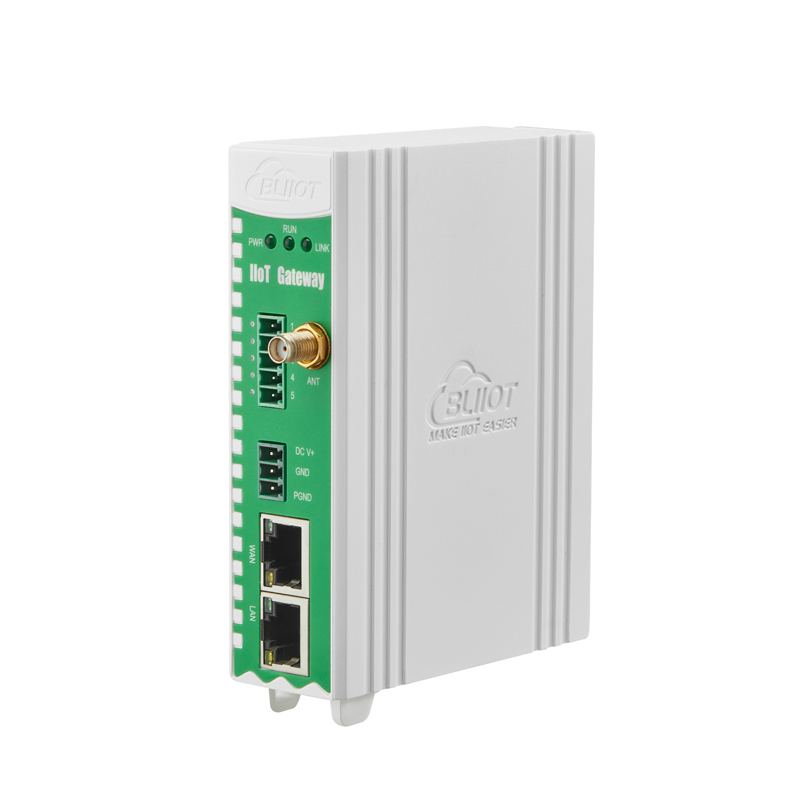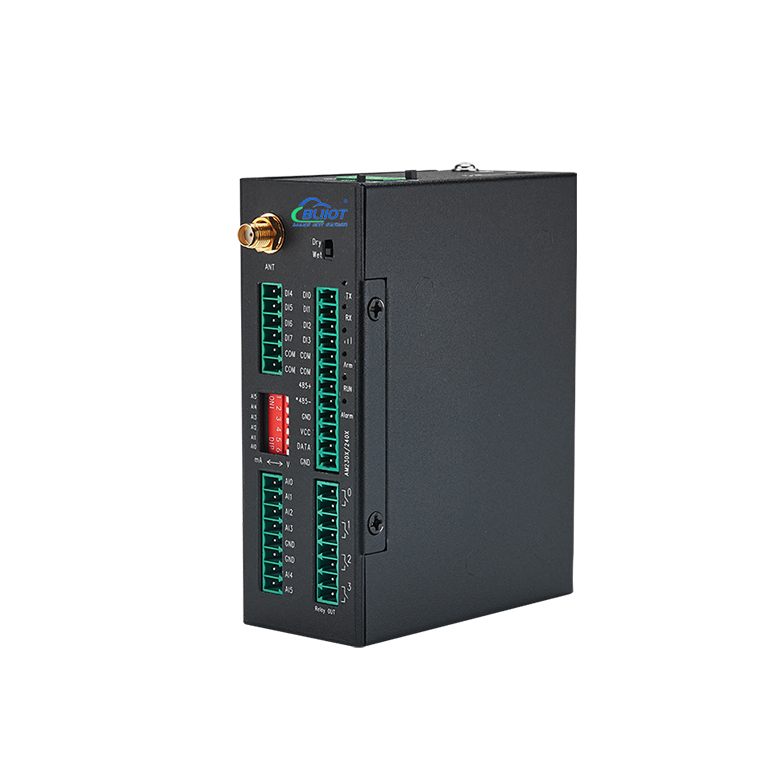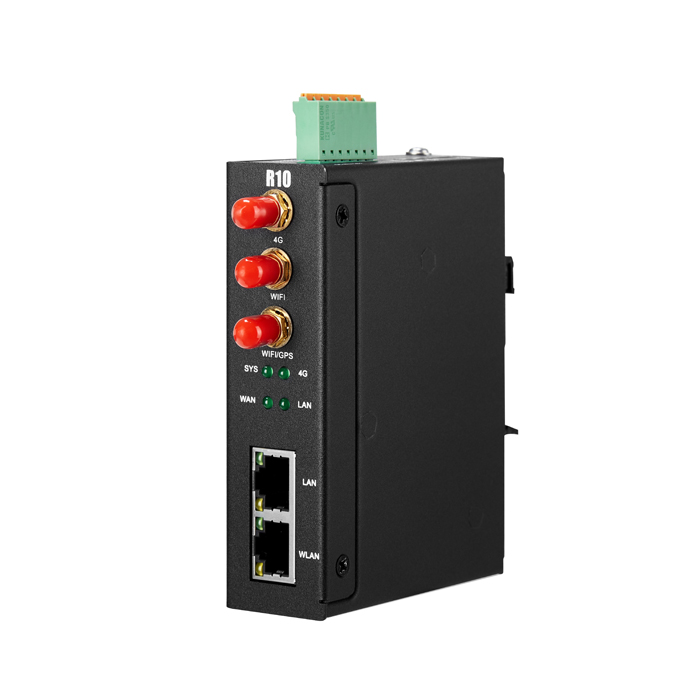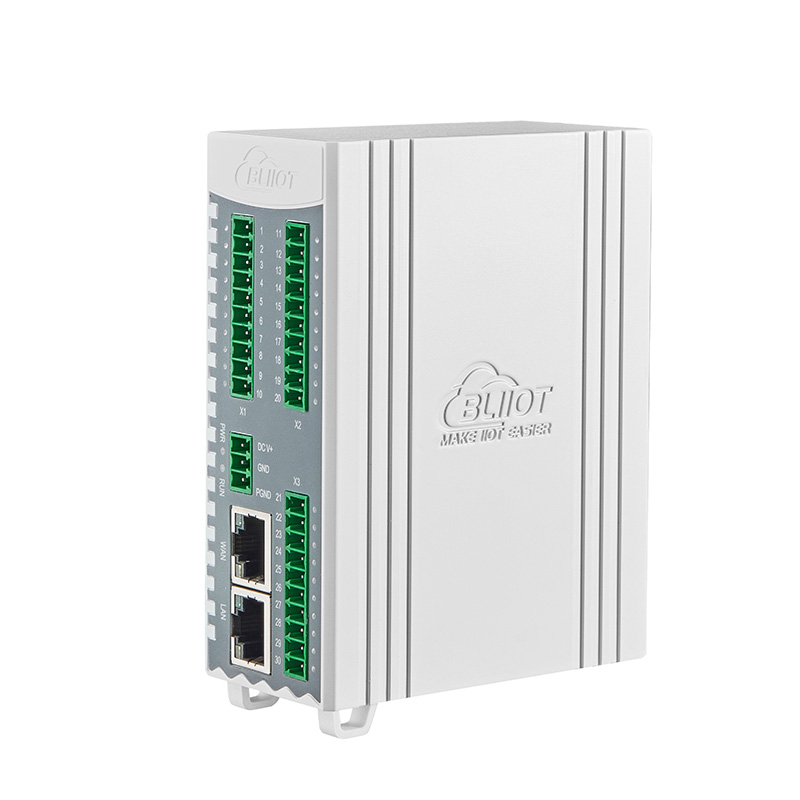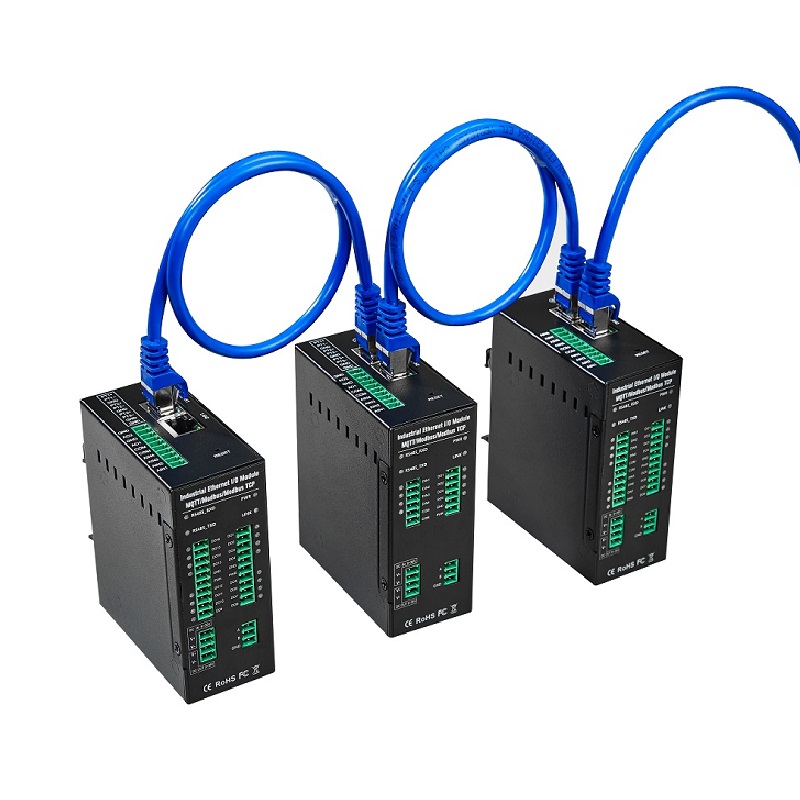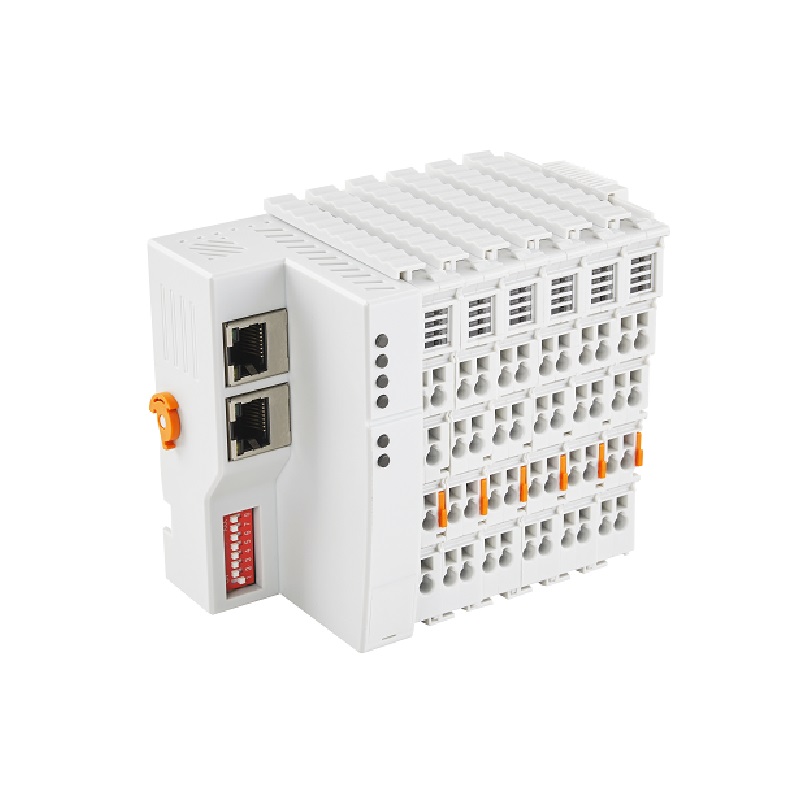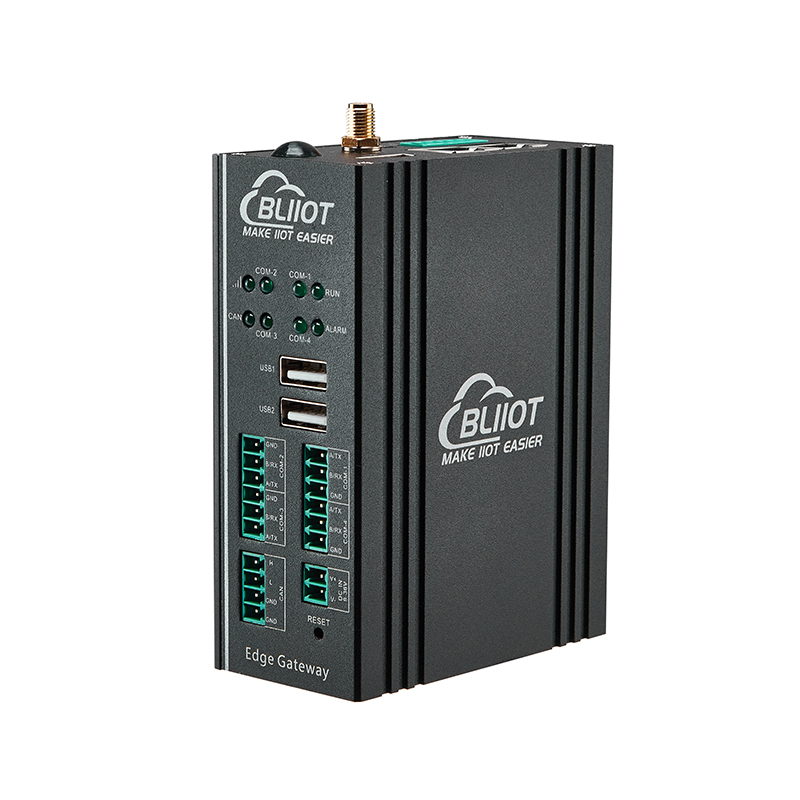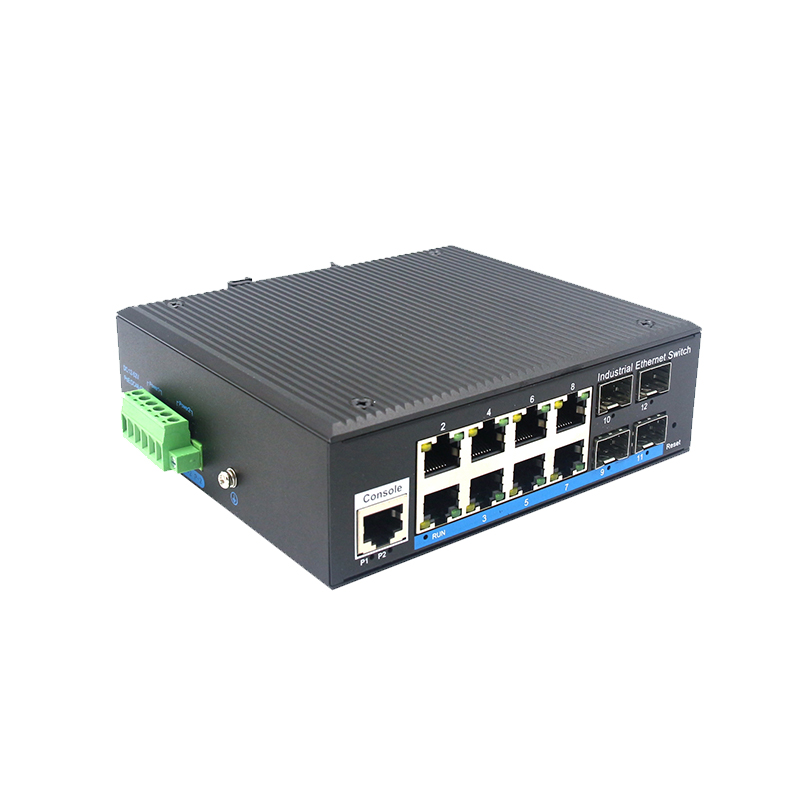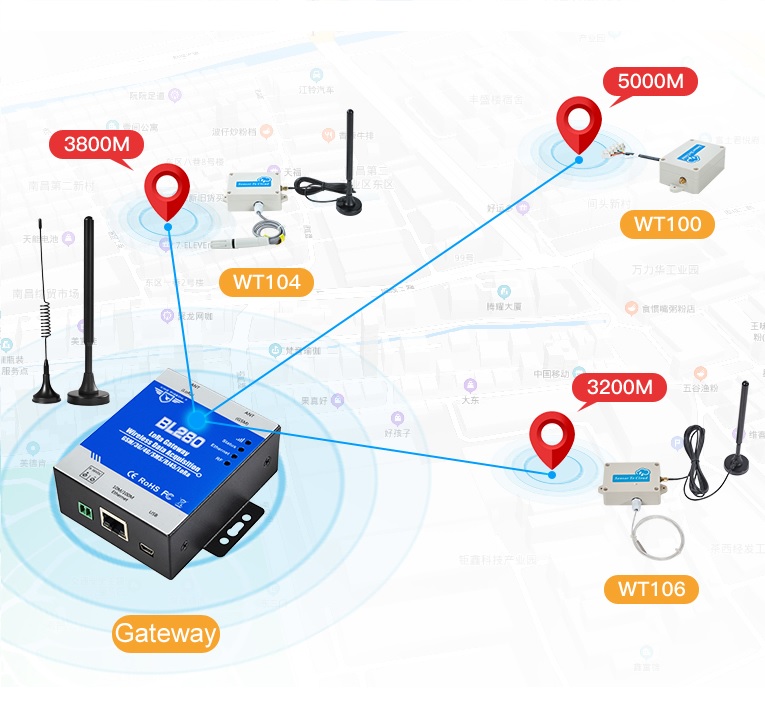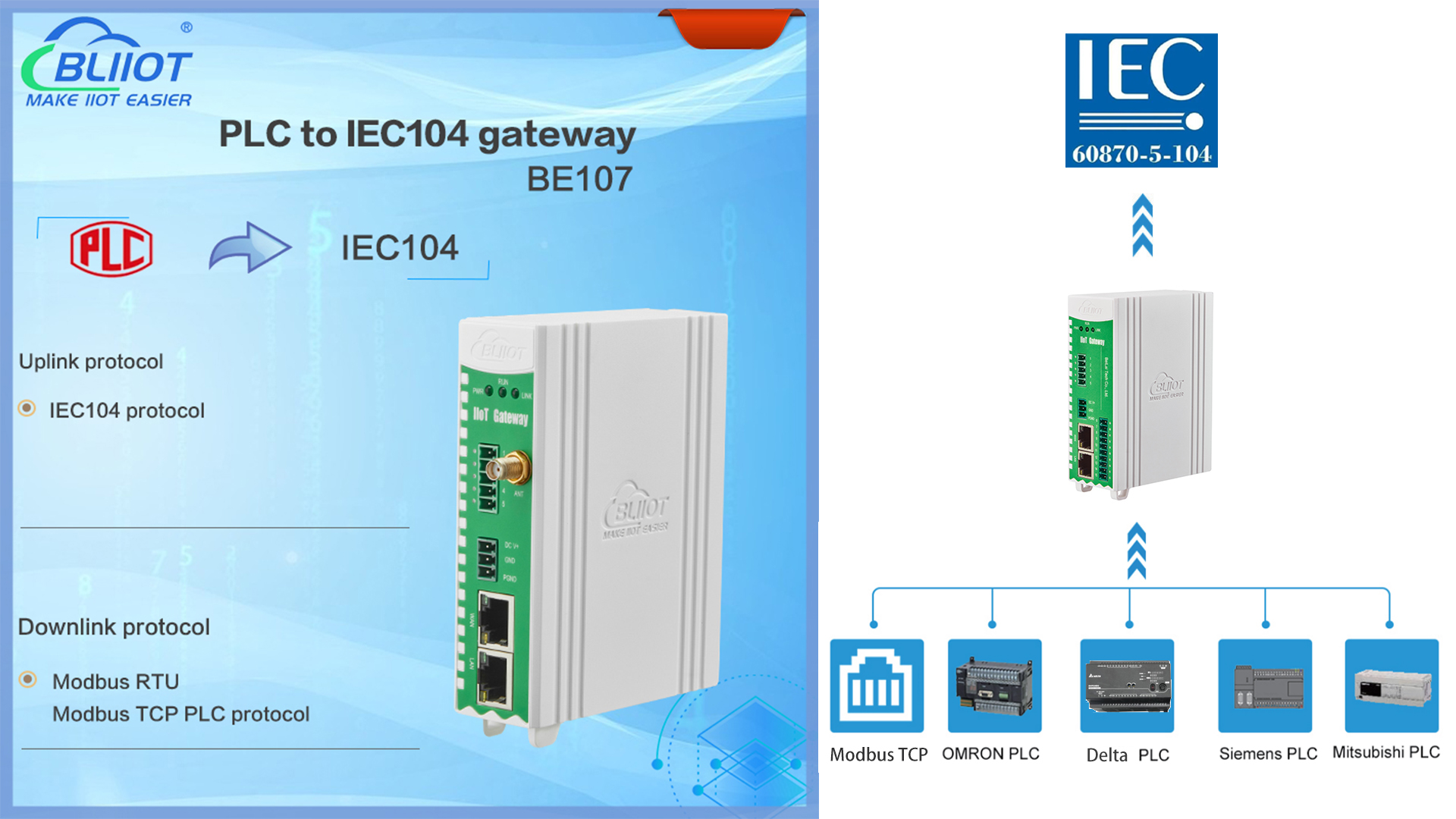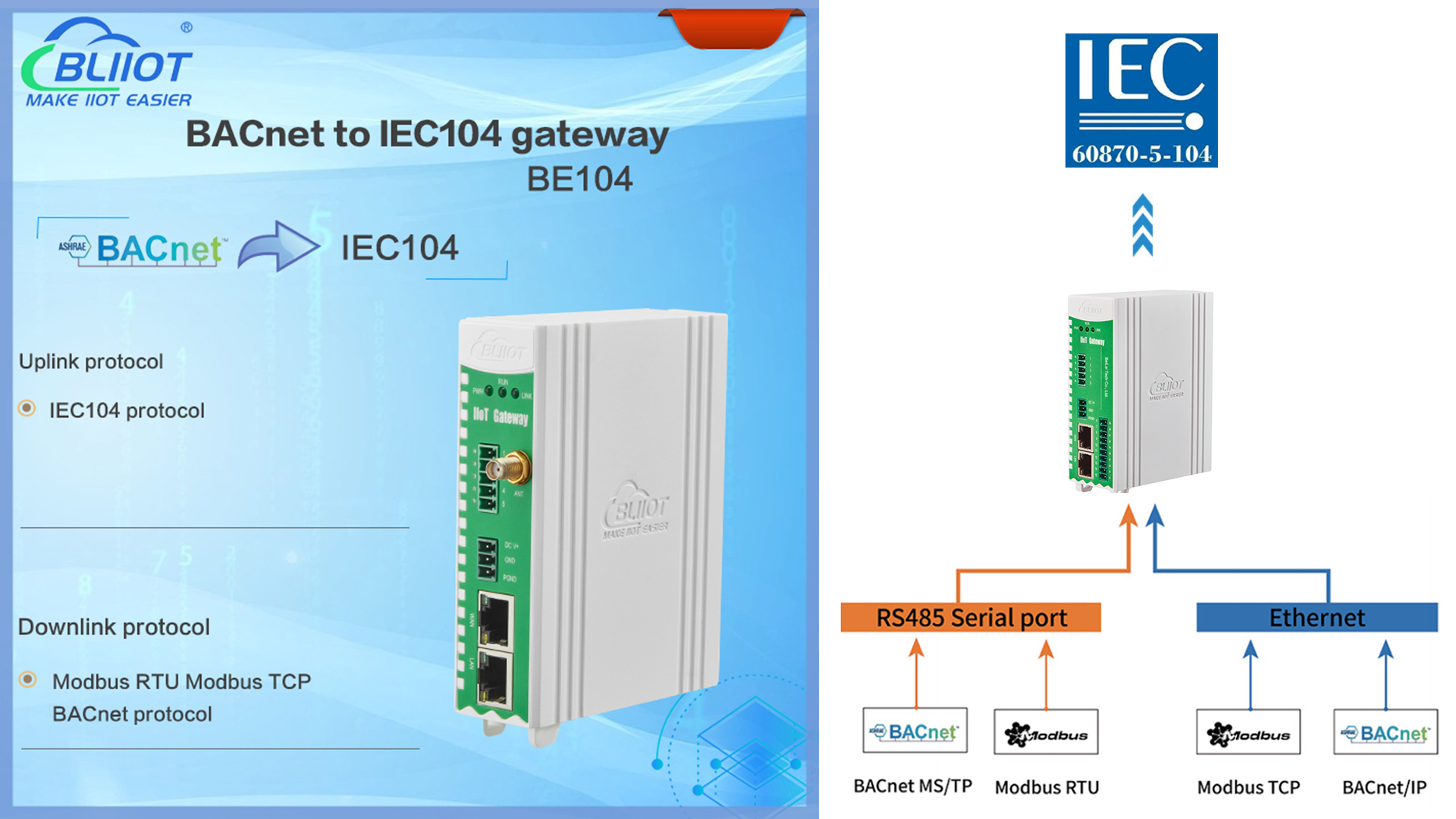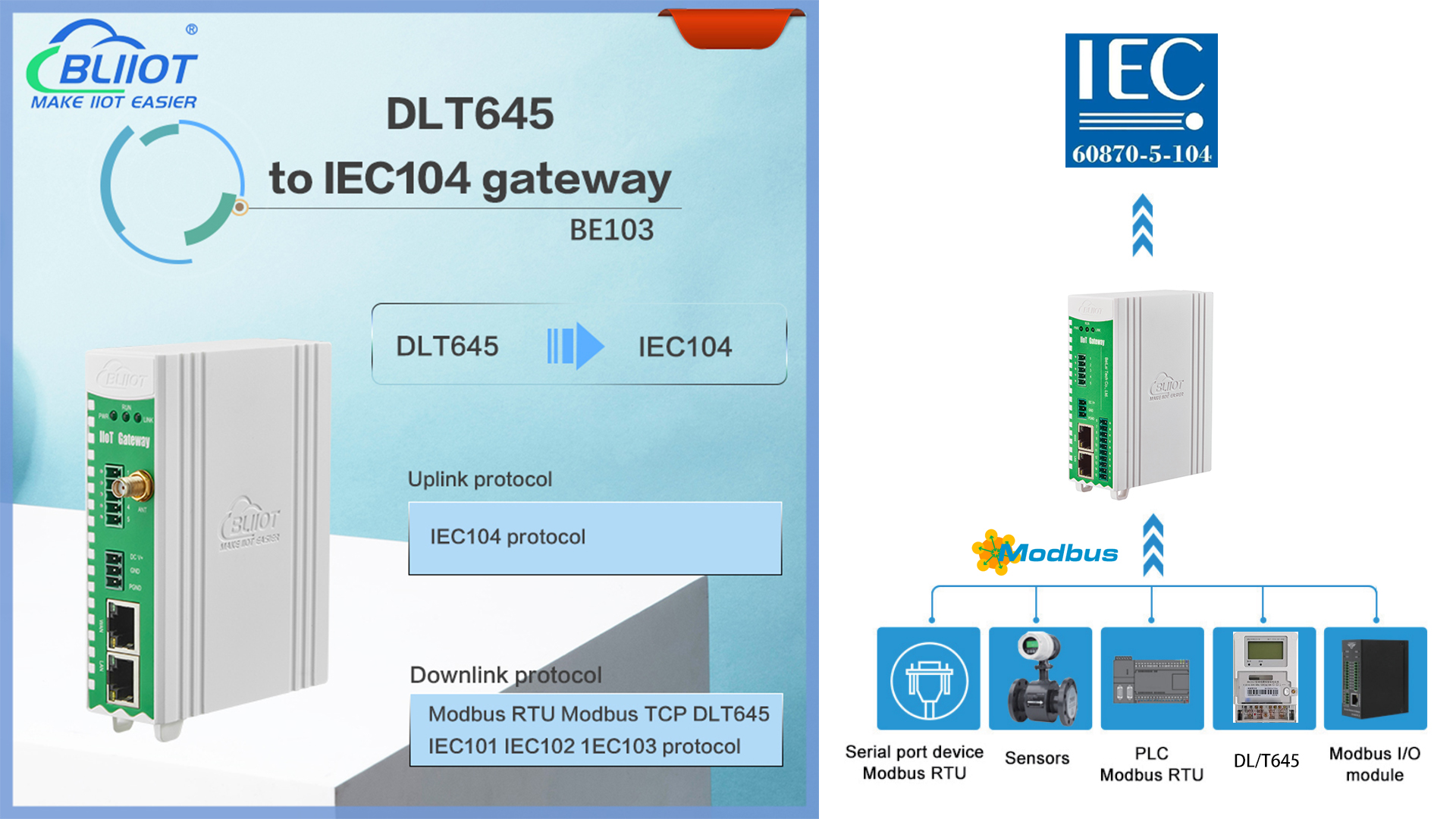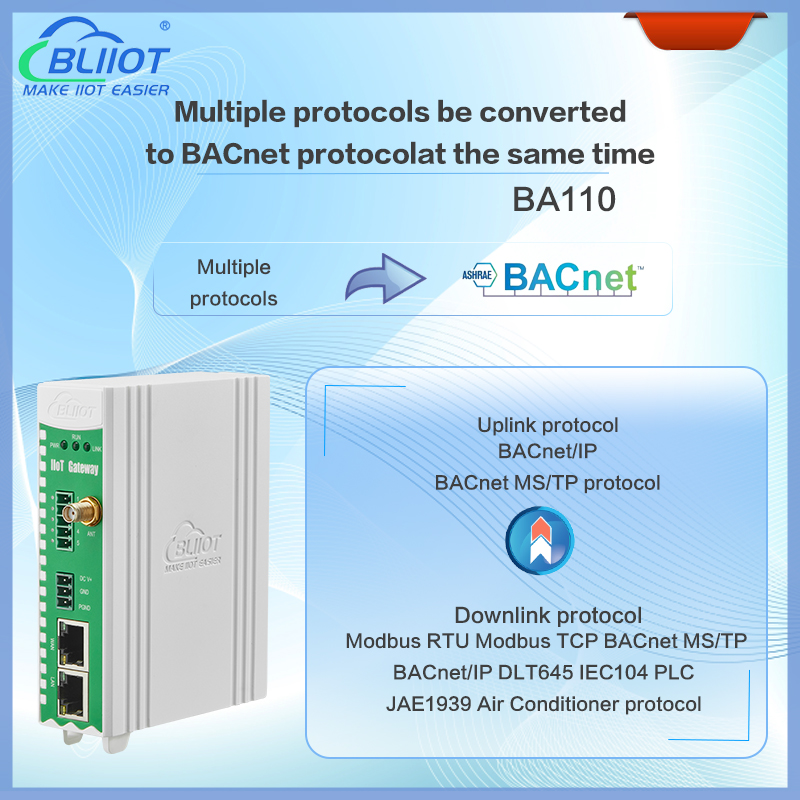What is the Function of an Industrial IoT Gateway?
Views : 3450
Author : Jeakie
Update time : 2023-06-15 17:12:21
What is the function of an Industrial IoT gateway?
The main function of an IIoT gateway is to enable communication between new and legacy devices. Industrial gateways enable high-speed communication with new devices and sensors, as well as COM ports for communication with legacy technologies, eliminating the need to replace old machines with new ones for smart connectivity. IoT gateways also enable machine-to-machine (M2M) communication, where machines interact with other machines, devices, and environments.
Additionally, IoT gateways can support a variety of different industrial protocols, allowing IoT gateways to communicate with devices using different protocols. The main protocols supported by IoT gateways include Fieldbus, PROFIBUS, EtherCAT, Ethernet/IP and PROFINET protocols. So, if an organization has legacy hardware that cannot connect to the cloud, an IIoT gateway can be used to connect these devices to the cloud and allow the organization to securely control machines and programmable logic controllers remotely. Industrial IoT gateways are versatile and designed to enable connectivity, data acquisition, and communication of industrial devices. Here are some common features of Industrial IoT gateways:
Industrial IoT gateways are versatile and designed to enable connectivity, data acquisition, and communication of industrial devices. Here are some common features of Industrial IoT gateways:
Device connection and integration: Industrial IoT gateways can connect with various industrial devices, including sensors, PLC (programmable logic controller), SCADA (supervisory and data acquisition system), etc. It provides the interface and protocol conversion function to communicate with these devices, so that the devices can communicate with each other.
Data Acquisition and Processing: IIoT gateways are capable of ingesting data from connected devices, processing and filtering it to extract useful information. It can preprocess, aggregate, filter, and compress data to reduce the cost of data transmission and storage, and ensure that only critical data is passed to the cloud or other systems.
Security and privacy protection: Industrial IoT gateways have security features that can encrypt and authenticate data to protect the security of devices and data. It enforces access control, authentication, and authorization mechanisms to prevent unauthorized access and data leakage.
Local processing and edge computing: The industrial Internet of Things gateway has local processing and edge computing capabilities, which can perform data processing and analysis near the device, reducing dependence on the cloud. This improves real-time and responsiveness, and reduces latency and cost of network transfers.
Communication and protocol conversion: Industrial IoT gateways support multiple communication protocols, such as Modbus, OPC UA, MQTT, etc., enabling different devices and systems to interoperate and communicate. It can perform protocol conversion and data format conversion to ensure seamless integration and communication between devices.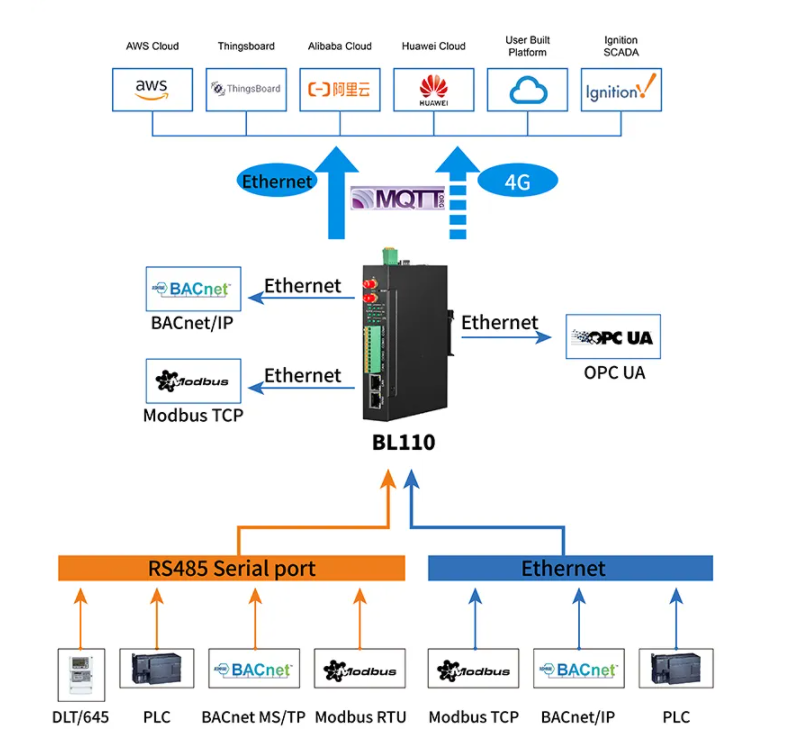 Remote monitoring and control: The industrial IoT gateway can realize remote monitoring and control of equipment through remote access and control. It provides remote management and configuration functions, can monitor device status, implement remote maintenance and troubleshooting.
Remote monitoring and control: The industrial IoT gateway can realize remote monitoring and control of equipment through remote access and control. It provides remote management and configuration functions, can monitor device status, implement remote maintenance and troubleshooting.
Integrate cloud platforms and systems: Industrial IoT gateways can be integrated with cloud platforms and other systems to transmit collected data to the cloud for storage, analysis, and visualization. It can be integrated with big data analysis, artificial intelligence and IoT platforms to achieve more advanced functions and applications.
In conclusion, an IIoT gateway is a key component to realize industrial equipment connection, data acquisition, communication and control, and it provides a variety of functions to support the implementation and application of IIoT.
The main function of an IIoT gateway is to enable communication between new and legacy devices. Industrial gateways enable high-speed communication with new devices and sensors, as well as COM ports for communication with legacy technologies, eliminating the need to replace old machines with new ones for smart connectivity. IoT gateways also enable machine-to-machine (M2M) communication, where machines interact with other machines, devices, and environments.
Additionally, IoT gateways can support a variety of different industrial protocols, allowing IoT gateways to communicate with devices using different protocols. The main protocols supported by IoT gateways include Fieldbus, PROFIBUS, EtherCAT, Ethernet/IP and PROFINET protocols. So, if an organization has legacy hardware that cannot connect to the cloud, an IIoT gateway can be used to connect these devices to the cloud and allow the organization to securely control machines and programmable logic controllers remotely.

Device connection and integration: Industrial IoT gateways can connect with various industrial devices, including sensors, PLC (programmable logic controller), SCADA (supervisory and data acquisition system), etc. It provides the interface and protocol conversion function to communicate with these devices, so that the devices can communicate with each other.
Data Acquisition and Processing: IIoT gateways are capable of ingesting data from connected devices, processing and filtering it to extract useful information. It can preprocess, aggregate, filter, and compress data to reduce the cost of data transmission and storage, and ensure that only critical data is passed to the cloud or other systems.
Security and privacy protection: Industrial IoT gateways have security features that can encrypt and authenticate data to protect the security of devices and data. It enforces access control, authentication, and authorization mechanisms to prevent unauthorized access and data leakage.
Local processing and edge computing: The industrial Internet of Things gateway has local processing and edge computing capabilities, which can perform data processing and analysis near the device, reducing dependence on the cloud. This improves real-time and responsiveness, and reduces latency and cost of network transfers.
Communication and protocol conversion: Industrial IoT gateways support multiple communication protocols, such as Modbus, OPC UA, MQTT, etc., enabling different devices and systems to interoperate and communicate. It can perform protocol conversion and data format conversion to ensure seamless integration and communication between devices.

Integrate cloud platforms and systems: Industrial IoT gateways can be integrated with cloud platforms and other systems to transmit collected data to the cloud for storage, analysis, and visualization. It can be integrated with big data analysis, artificial intelligence and IoT platforms to achieve more advanced functions and applications.
In conclusion, an IIoT gateway is a key component to realize industrial equipment connection, data acquisition, communication and control, and it provides a variety of functions to support the implementation and application of IIoT.

